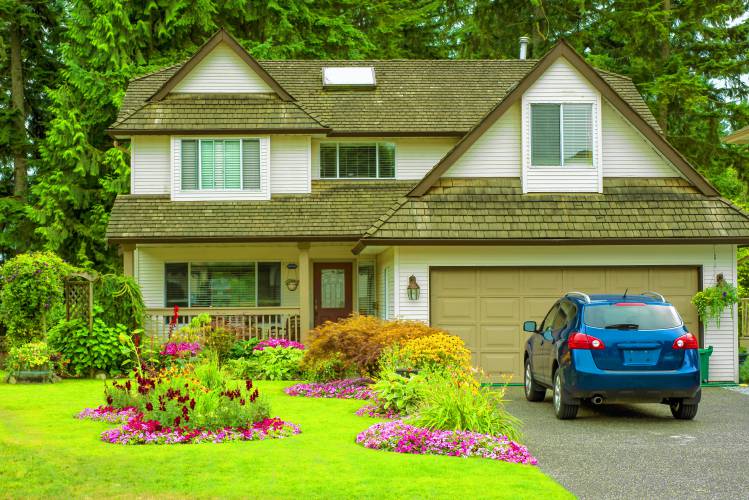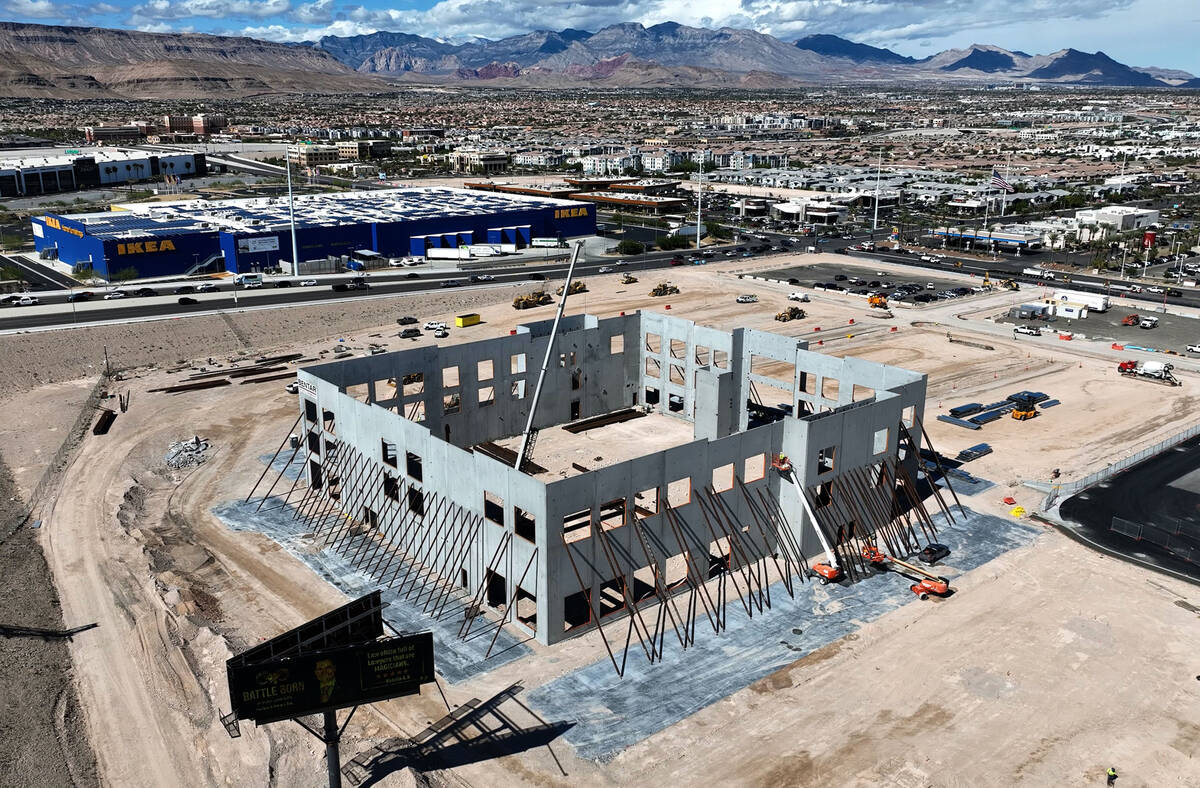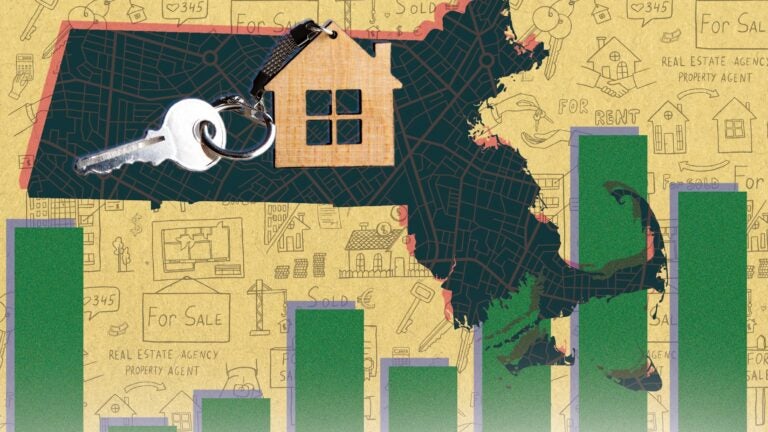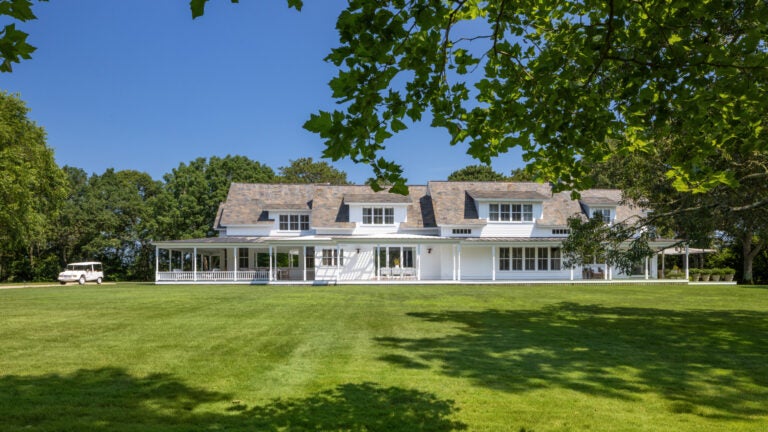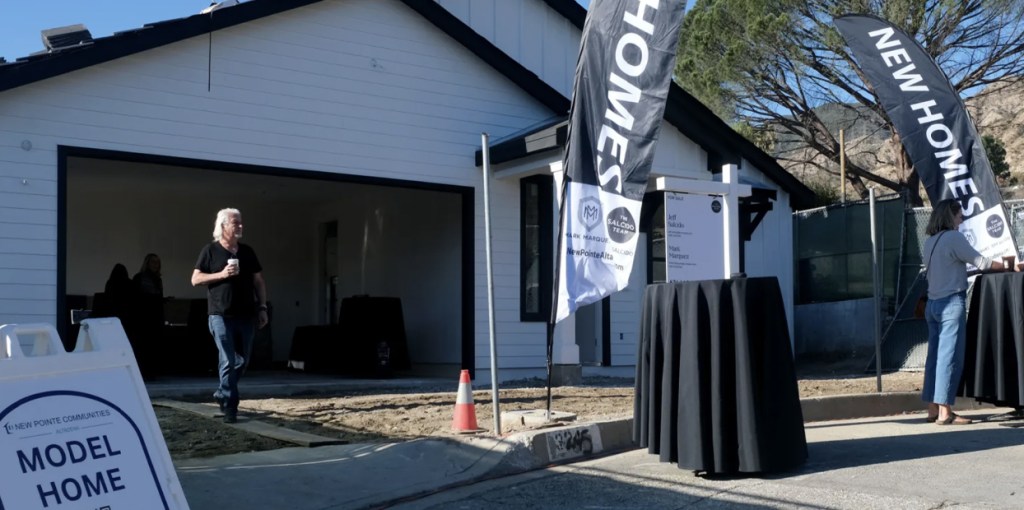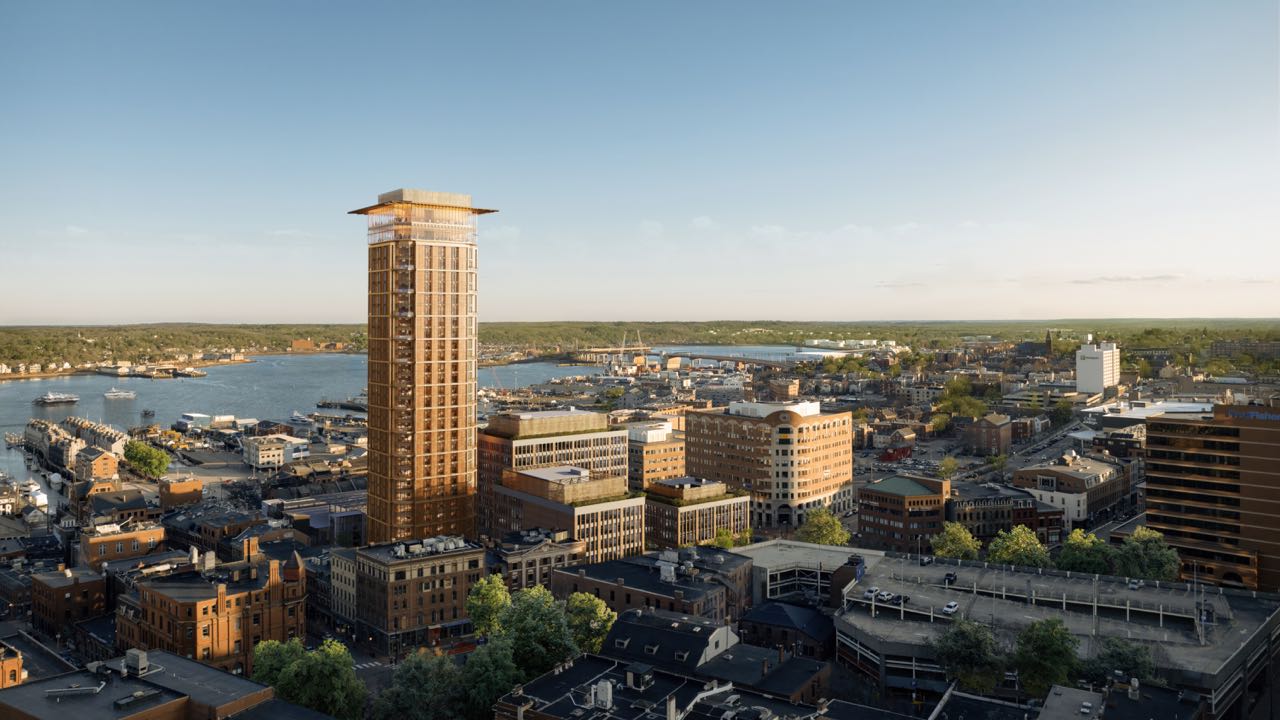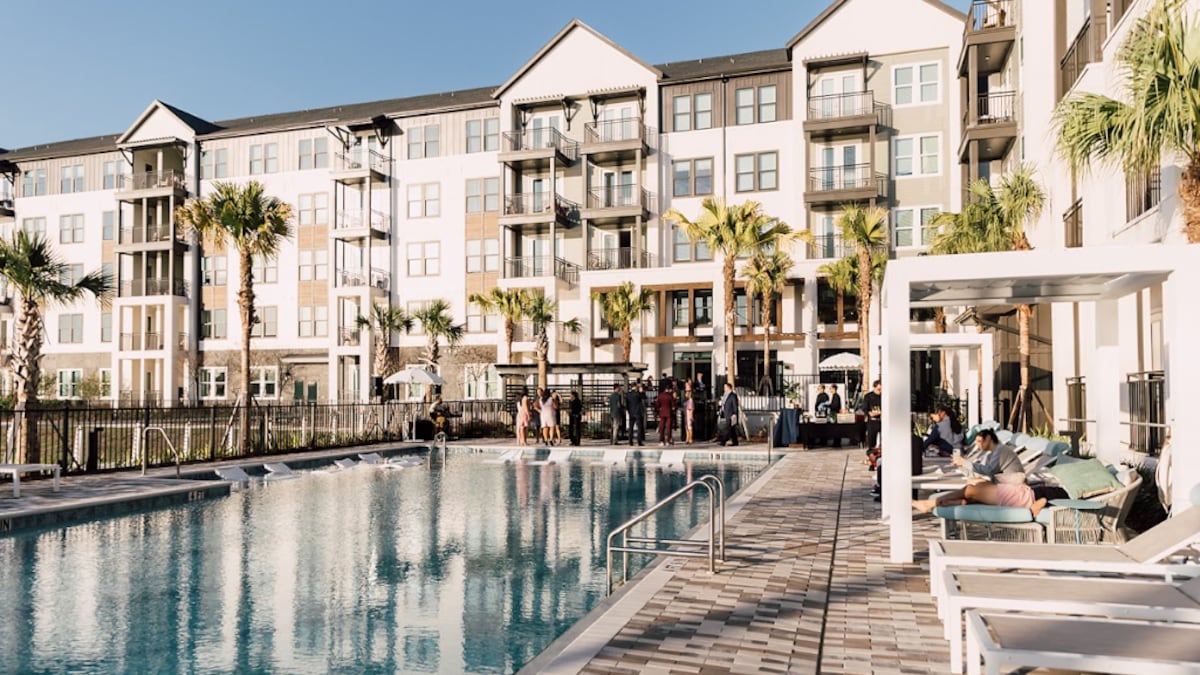A
ustin, Texas, was once a hotbed of real estate activity, with home prices and asking rents skyrocketing. However, in recent times, the market has cooled down significantly, with prices and rents dropping from their peak levels. This shift can be seen as both a cautionary tale and a success story.
On one hand, the rapid price increases were unsustainable and led to a bubble that burst. Homebuyers who bought near the peak are now facing disappointment, while sellers are seeing smaller windfalls than expected. However, experts argue that this slowdown is a sign of a healthy market, allowing developers to meet demand and build more homes.
Austin's housing stock has increased by over 76,000 units since 2020, with thousands of new homes being added each month. This surge in construction was driven by the city's rapid population growth, which saw it become the fastest-growing large metro area from 2020 to 2022. The influx of remote workers and tech firms like Oracle, Facebook, and Google contributed to the demand for housing.
The sudden shift in Austin's real estate market can be attributed to a combination of factors, including spiking mortgage rates and a decrease in migration to the city. As mortgage rates rose, buyers became less enthusiastic about purchasing homes, leading to a slowdown in sales. Additionally, the job market cooled as companies pulled back on hiring or laid off workers.
Despite the challenges, Austin's homebuilders continued to push forward, adding new units to the market and bringing down prices. The typical home price in Austin was down almost 4% in July compared with the same month in 2022, while prices across the US were up more than 4%. Overall, Austin home prices are down more than 14% from their peak in 2022.
Experts believe that Austin's slowdown is a sign of a healthy market and a model for other cities to follow. By allowing builders to meet demand, Austin has been able to adapt to the changing needs of its residents and avoid the pitfalls of an unsustainable housing market. As one expert noted, "Austin should be a model for the rest of the country in terms of allowing builders to meet demand."

